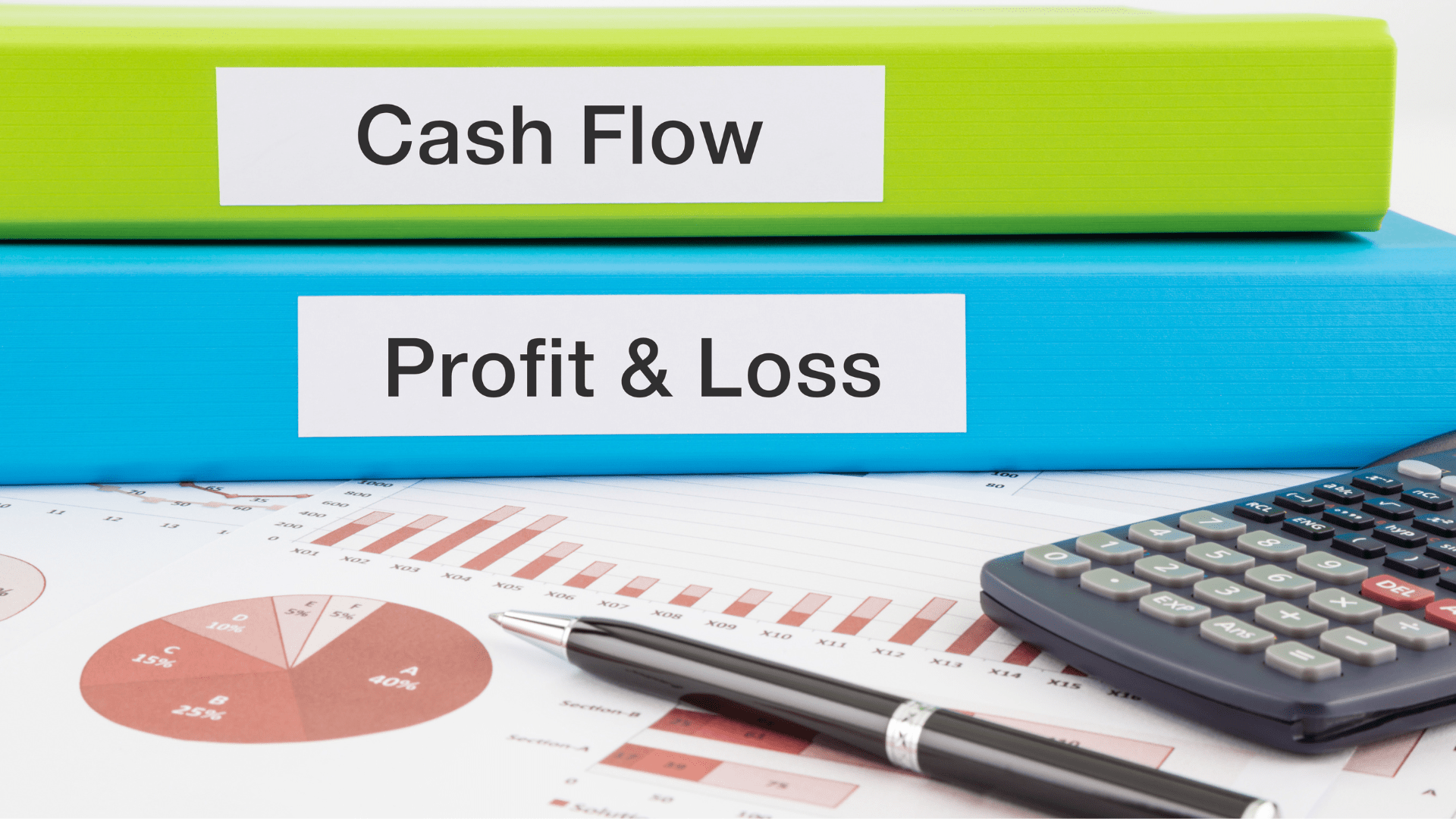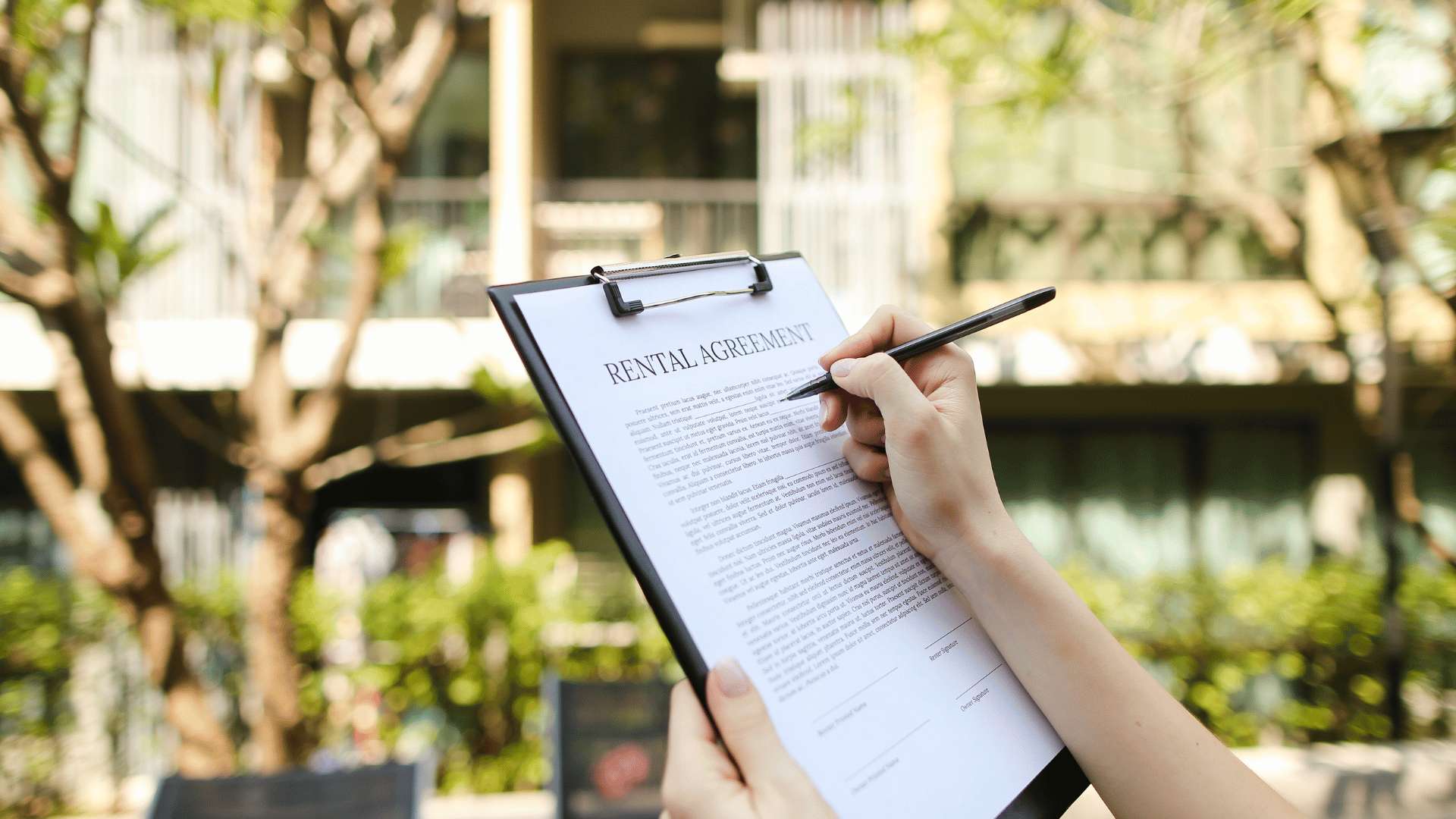The real estate market in the Philippines has been steadily growing, making it an attractive destination for property investors. Among the various investment opportunities in real estate, rental properties stand out as a popular choice. Investing money in rental properties can provide a consistent source of income, potentially yielding significant returns in the long run. However, to make informed decisions and maximize profitability, it's crucial to understand the concept of cash flow in rental properties and how it influences your investment.
Importance of Cash Flow in Rental Properties
Cash flow is a fundamental concept in real estate investment, and it plays a pivotal role in determining the success of your venture. In the context of rental properties, cash flow refers to the net income generated by your property after deducting all expenses associated with its ownership and operation. This net income is the gross cash flow, surplus or deficit you have at the end of a specific period, typically monthly or annually.
Positive cash flow statement indicates that your rental property generates more rental income than it incurs in expenses. On the other hand, negative cash flow means that your property expenses exceed the rental income, resulting in a financial shortfall.
How do you determine cash flow in a property? To calculate cash flow for a rental property, you need to consider several key components:
- Rental Income: This includes all the income generated from your property, such as rent payments from tenants and any additional income sources like parking fees or laundry facilities.
- Operating Expenses: Operating expenses encompass all costs associated with maintaining and running your rental property. These may include property management fees, property taxes, insurance, repairs, maintenance, utilities, and any other regular expenses.
- Mortgage Payments: If you financed the property with a mortgage, you must account for the monthly mortgage payments, including both the principal and interest portions.
- Vacancy Rate: You should also factor in a vacancy rate, which estimates the percentage of time your property may remain unoccupied and not generating rental income.
- Non-Cash Expenses: Non-cash expenses, such as depreciation, are important for tax purposes but do not directly affect your cash flow. However, they should be considered when evaluating your rental property's profitability.
- Cash Reserves: It's advisable to set aside a portion of your rental income as cash reserves to cover unexpected expenses or periods of vacancy.
To calculate cash flow, you can use the following formula:
Cash Flow = Rental Income - Operating Expenses - Mortgage Payments - Vacancy Costs - Non-Cash Expenses
The Significance of Cash Flow
Positive Cash Flow vs. Negative Cash Flow
As an investor, it's essential to distinguish between positive cash outflows, and negative cash flow in your rental property. Positive cash flow occurs when your property generates more income than it incurs in expenses. This surplus can be reinvested in your property or used for other investments, providing you with additional financial flexibility.
Conversely, negative cash flow implies that your property expenses surpass your rental income, resulting in a financial deficit. In such cases, you may need to take more money to cover the shortfall from your personal funds, which can strain your finances and reduce the profitability of your investment.
Positive cash flow is generally desirable, as it not only ensures the property covers its own costs but also generates surplus income that can contribute to your overall financial well-being.
Role of Cash Flow in ROI (Return on Investment)
Cash flow is a critical component in calculating the return on investment (ROI) for your rental property. ROI measures the profitability of your investment by calculating cash flow and comparing the net profit generated to the initial investment cost. To calculate ROI, you can use the following formula:
ROI = (Net Profit / Initial Investment) x 100
Net Profit in this context refers to the net cash flow from the rental property. A positive operating cash flow contributes to a higher net profit, which, in turn, results in a more favorable ROI.
Rental property investors often use ROI as a key performance indicator to evaluate the success of their investments. A high ROI indicates that your rental property is generating substantial returns relative to your investment, making it a financially sound choice.
What is Average Cash Flow for Rental Properties?
Now that we've established the importance of cash flow, let's delve into what constitutes an average cash flow for rental properties in the Philippines. The average cash flow for rental properties can vary widely based on several factors, including location, property type, market conditions, and your investment goals. However, there are some general guidelines and benchmarks that can help you assess whether your rental property is performing well in terms of cash flow.
Factors Affecting Average Cash Flow
- Location: The location of your rental property has a significant impact on its rental income potential and operating expenses. Properties in prime or high-demand areas tend to command higher rental rates, which can positively affect your cash flow.
- Property Type: The type of rental property you own also plays a role. Single-family homes, multi-family units, apartments, and commercial properties each have their own cash flow dynamics. For instance, multi-family units may have the advantage of generating multiple rental incomes from a single property.
- Market Conditions: Rental market conditions can fluctuate, affecting the rental rates and demand for properties. A strong rental market with high demand typically results in better cash flow.
Benchmarks and Industry Standards
While there is no one-size-fits-all definition of average free cash flow, some benchmarks and industry standards can provide guidance:
- 1% Rule: One commonly used guideline is the "1% rule," which suggests that your monthly rental income should be at least 1% of the property's total acquisition cost. For example, if you purchased a property for $100,000, the monthly rental income should be $1,000 or higher to meet the 1% rule.
- 50% Rule: Another rule of thumb is the "50% rule," which assumes that roughly 50% of your rental income will go towards operating expenses, including property management, taxes, insurance, repairs, and maintenance. The remaining 50% should cover your mortgage payment and contribute to positive cash flow.
- Cash Flow Positive: Ideally, your rental property should be cash flow positive, meaning it generates surplus income after covering all expenses, including the mortgage payment. A cash flow positive property contributes to your overall financial well-being and can fund future investments.
What is Considered Good Cash Flow for Rental Properties?
While average rental property cash flow alone can provide a baseline, your goal as a real estate investor should be to achieve good cash flow. Good cash flow goes beyond simply covering your expenses; it allows you to generate surplus income that can contribute to your financial goals and investment strategies. Here are some factors to consider when evaluating whether your rental property has good cash flow:
Setting Realistic Goals: First and foremost, you should establish clear and realistic financial goals for your rental property. Determine how much cash flow you need to meet your objectives, whether it's enough cash flow to fund future investments, pay off the mortgage more quickly, or supplement your income.
Achieving Positive Rental Cash Flow: Good cash flow starts with ensuring that your rental property is cash flow positive. This means that after accounting for all expenses, including the mortgage payment, your property generates surplus income.
Maximizing Profitability: To achieve good cash flow, you should focus on maximizing the profitability of normal business operations of your rental property. This may involve increasing rental income, minimizing operating expenses, and optimizing your property's occupancy rate.
Tips for Improving Cash Flow in Rental Properties
There are many tips on how you can profit from your investment, but here are my top 3:
Effective Property Management: Efficient property management can significantly impact your company's cash flow too. Hiring a professional property manager can help you minimize vacancies, streamline maintenance, and ensure that rent is collected promptly.
Rent Increases and Market Analysis: Periodically reviewing and adjusting your rental rates to match market conditions can boost your cash flow. Conducting market analyses and staying informed about rental trends in your area will help you make informed decisions regarding rent adjustments.
Minimizing Expenses: Identifying opportunities to reduce operating expenses can increase your property's cash flow. This may involve negotiating better deals with service providers, implementing energy-efficient upgrades, and conducting regular maintenance to prevent costly repairs.
Conclusion
In the world of real estate investment, understanding and optimizing cash flow is paramount. Cash flow, whether positive or negative, directly impacts your return on investment (ROI) and the overall success of your rental property venture. Evaluating what is considered average and good cash flow for rental properties in the Philippines requires a thorough understanding of the local market, property type, and your individual investment goals.
While benchmarks like the 1% rule and 50% rule provide useful guidelines, it's essential to remember that every investment is unique. Your specific financial objectives, risk tolerance, and property management strategies will all influence your perception of what constitutes good cash flow.
Ultimately, the goal for any rental property investor should be to achieve and maintain positive cash flow while continually investing activities seeking opportunities to maximize profitability. By doing so, you can unlock the full potential of your rental property investment and pave the way for long-term financial success in the dynamic real estate market of the Philippines.
For more information on Vista Residences, email [email protected], follow @VistaResidencesOfficial on Facebook, Twitter, Instagram, and YouTube, or call the Marketing Office at 0999 886 4262 / 0917 582 5167.

.png)





